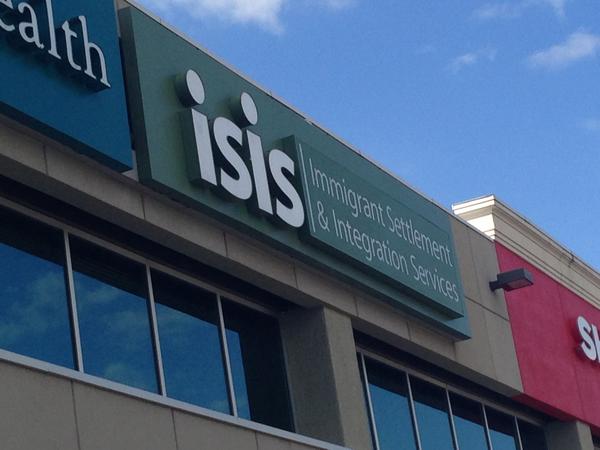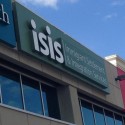Ramz Aziz (1L)
On February 11, Professor Anver Emon hosted a student-organised event titled “Thinking On ISIS: A Public Forum.” ISIS (or ISIL or Da’esh) has become the defining threat of the decade around which unlikely allies have started to cooperate—poverty, housing, sanitation, education, and healthcare be damned. ISIS has, in Trump-like fashion, consistently made headlines for years thanks to their asinine acts and statements, occupying a hefty portion of the media’s attention and remaining at the forefront of public consciousness. Amazingly, ISIS’s horrific machinations have had far-reaching effects on Canadian domestic policies and administrative practices as well.
For example, in 2013, a government-funded organization in Nova Scotia decided to change its name from Immigrant Settlement and Integration Services (ISIS) to Immigrant Services Association of Nova Scotia (ISANS). Immigrants and refugees attempting to flee the clutches of ISIS were traumatized by requiring ISIS’s help to settle in Nova Scotia. A billboard outside Halifax airport stating “New to Nova Scotia? Call ISIS!” was poorly received and did not help matters.

Most troublingly, ISIS’s deplorable deeds have painted a perverse misrepresentation of Arabs, Muslims, and Islam itself. Stories about radicalization have fuelled mistrust and alienation of Muslims in Western societies, as people try to understand exactly “what the hell is going on.”
Canadian perception and sentiment towards Muslims has also been affected, with a marked increase in anti-Muslim and anti-Arab hate crimes. Attacks on hijab-wearing Muslim women have become more frequent in both Ontario and Quebec. The recent influx of Syrian refugees has sparked a debate over the security risk posed by Muslims, creating a xenophobic climate and discourse.
We at law school are no exception. While, to my knowledge, no blatant discriminatory act has taken place, micro-oppressive comments, jokes, and general statements are commonplace. Recently, some students overheard a conversation debating the authenticity of a movie villain who was not brown; a white terrorist was considered implausible in this day and age. Like most other minority groups, Muslims, Arabs, Persians, and South Asians often find themselves answerable without having any affiliation or knowledge of the issue greater than an average Caucasian Canadian.
Hence, a discussion around ISIS seemed necessary in this climate to provide a space for students to express their latent concerns and fears. The room was packed with 80-90 attendees, consisting of the simply curious and the keenly opinionated. Bravely, armed with a coffee cup and an extensive background in Pluralism, religion, and Middle Eastern law and governance, Professor Anver Emon tackled every question—both impromptu or submitted in advance.
The questions were diverse, pertaining to Syrian refugees, to ISIS, to Islam in Muslim-majority countries. Questions of note explored the perceptions of the LGBTQ community amongst Syrian refugees, whether the straw man of Muslim terrorism was representative of Muslim academic and philosophical thought, and the affinity for secularism in Muslim-majority countries.
But what, you say, was the point of all this? At the very least, the climate of xenophobia, Islamophobia, and divisiveness demanded a venue for the healthy exchange of opinions and rational discourse.
The talk brought attention to aspects of the discourse around ISIS that are not readily considered. Professor Emon answered questions as best he could, reframing each issue and illustrating an intersected, academic perspective that pointed out inherent assumptions at play. Regardless of the directness or simplicity of any question, it was apparent that there were underlying socioeconomic, geopolitical, cultural, and religious elements that complicated each answer. A question asked about the diversity of opinions in the Muslim world regarding ISIS’s actions solicited a response that highlighted both the lack of human theological authority in Islam, the differences of epistemological practices in Muslim academy, and the role of external intellectual entities in Muslim political discourse.
Many left the event with more questions than answers. But that is to be expected in a forum involving a complex issue with unfathomable dimensions. Perhaps in ten to twenty years, we can reflect on this zeitgeist and, through the benefit of hindsight, understand why the answers were not as simple as we had hoped them to be.






